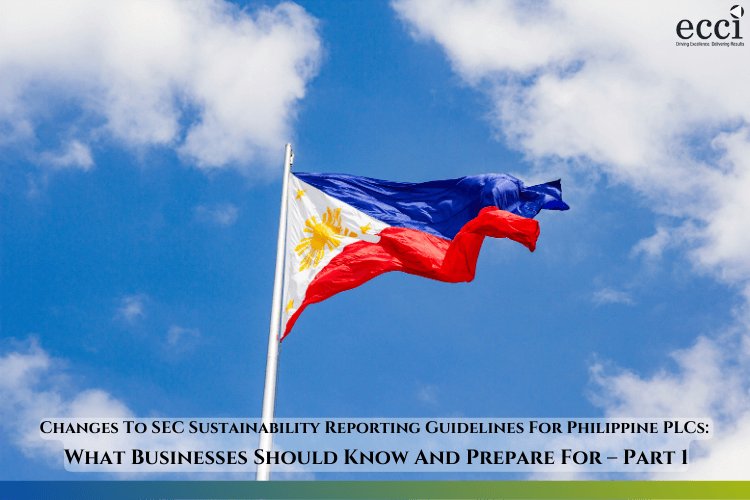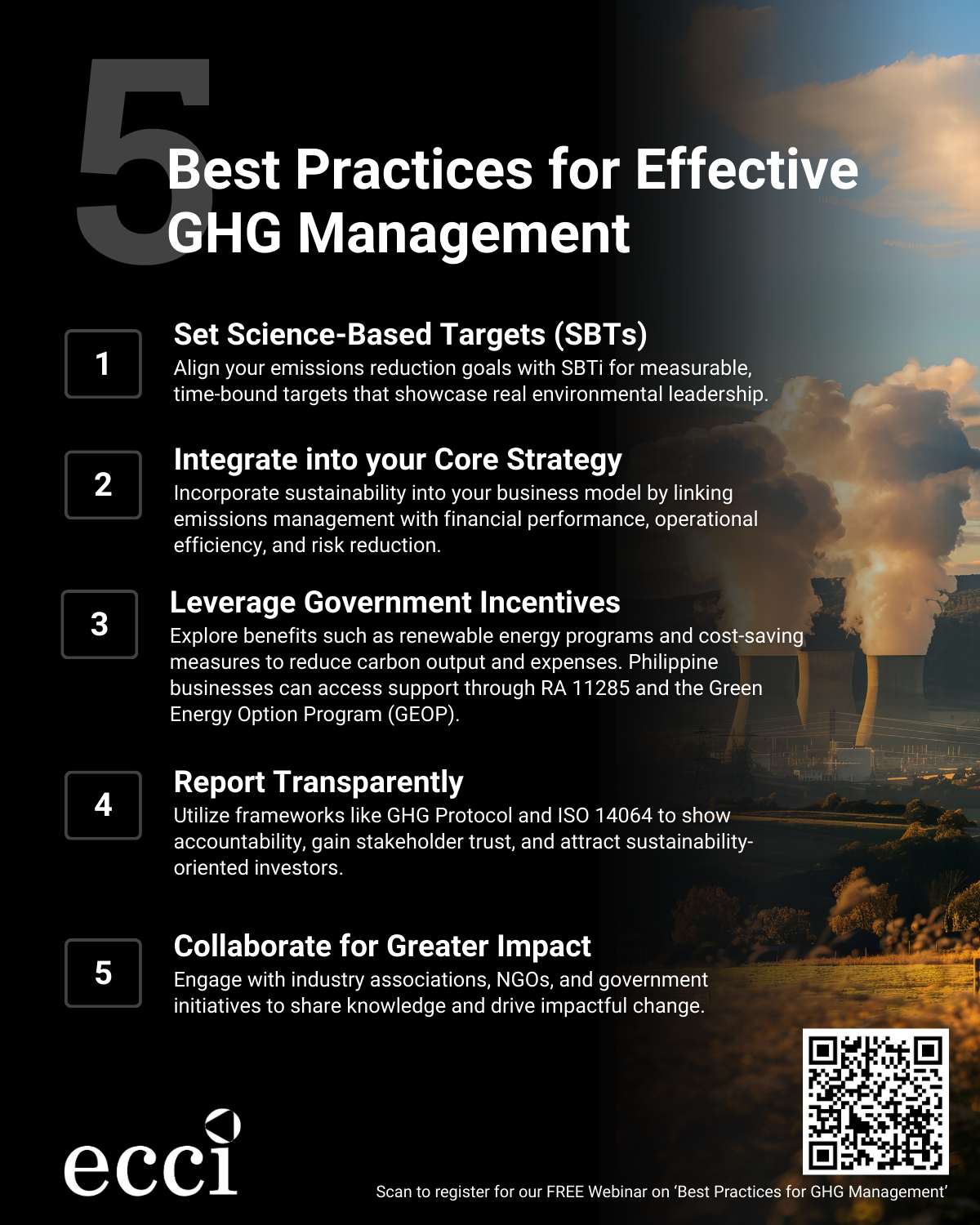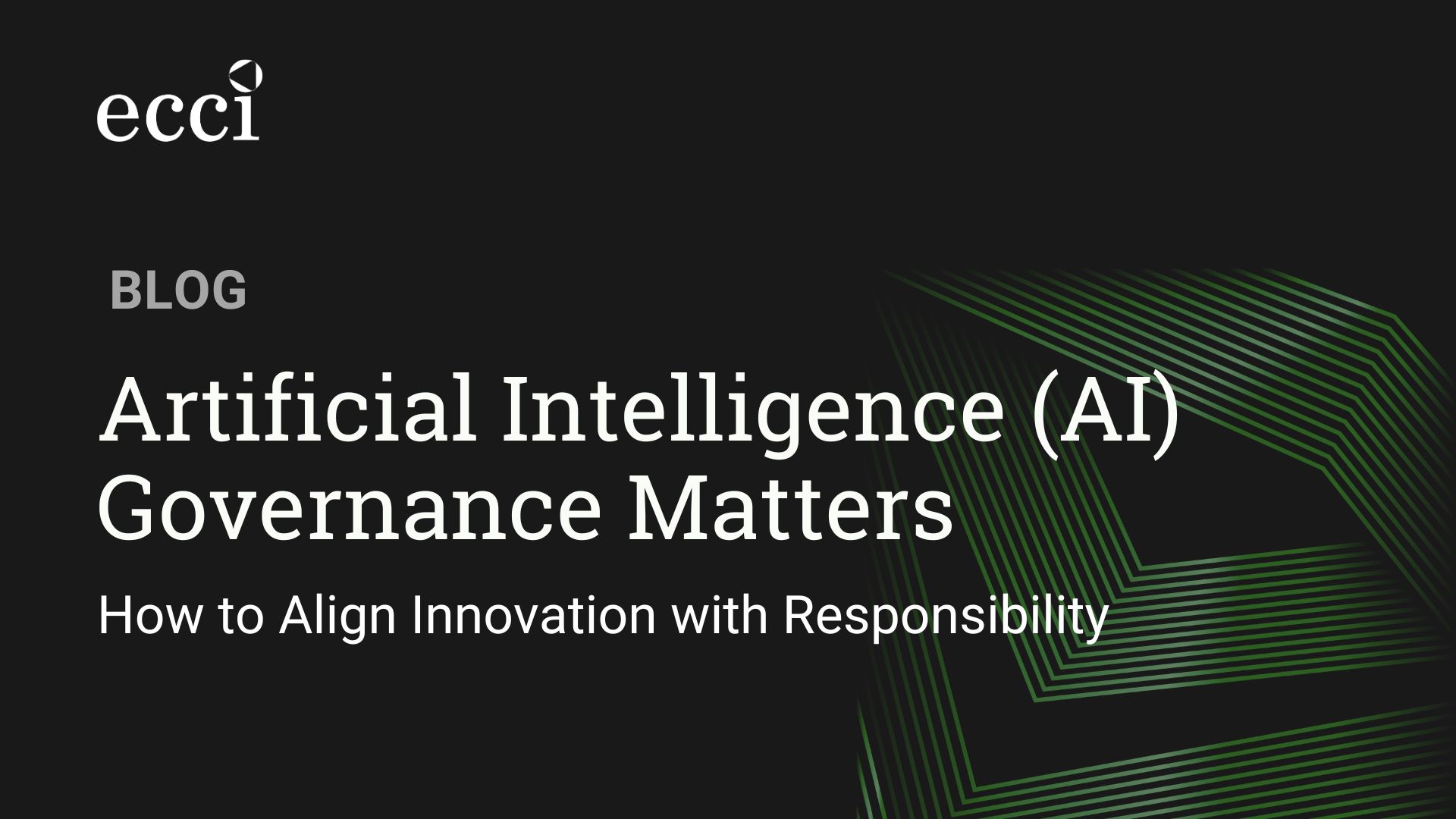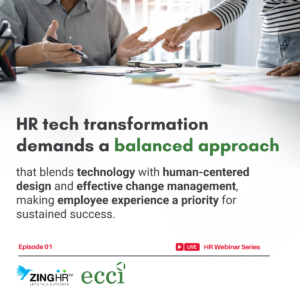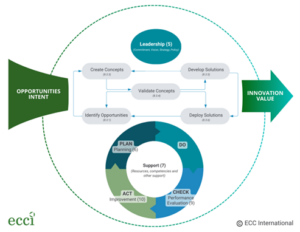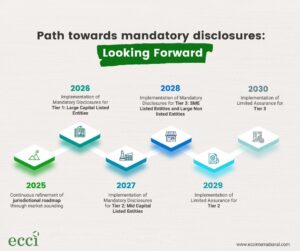SEC Announces Revised Guidelines for Sustainability Reporting
In a recent announcement, the Securities and Exchange Commission (SEC) Philippines revealed that it is revising the sustainability reporting guidelines for publicly listed companies (PLCs) to ensure consistency and uniformity in the reported sustainability measures.
The SEC will soon release a memorandum circular containing the revised guidelines for PLCs, which will include the Sustainability Reporting (SuRe) form, a valuable resource designed to guide PLCs in their reporting process. While the SEC has had sustainability reporting guidelines since 2019, it previously adhered to a “comply or explain” model, which did not require PLCs to fill in and submit a detailed sustainability reporting form.
With the revised guidelines, SEC aims to “further enhance the quality of sustainability reporting and ensure consistency of non-financial information submitted by PLCs”, reflecting the increasing significance of sustainability in the corporate world.
Moreover, the revised guidelines will take into consideration global sustainability standards such as IFRS S1 (General Requirements for Disclosure of Sustainability-related Financial Information) and IFRS S2 (Climate-related Disclosures). The SEC said that these standards would serve as “an effective and proportionate global framework of investor-focused disclosures on sustainability and climate-related risks and opportunities”. Notably, the International Organization of Securities Commissions (IOSCO) endorsed these standards earlier this year, encouraging its members, including the Philippines SEC, to explore their adoption within their respective jurisdictions.
According to the SEC Chairperson Emilio B. Aquino, the new guidelines mark a significant step towards achieving consistency, comparability, and reliability in sustainability reporting, ending the so-called “alphabet soup” of voluntary adoption of various standards.
He also said that the adoption of global standards like IFRS S1 and S2 will complement the Commission’s alignment with frameworks under the United Nations Sustainable Development Goals, Global Reporting Initiative, Sustainability Accounting Standards Board, and United Nations Conference on Trade and Development-International Standards of Accounting and Reporting Guidance on Core Indicators.
Since the issuance of Sustainability Reporting Guidelines in 2019, the SEC has witnessed a steady increase in the submission of sustainability reports by PLCs. In 2021, the compliance rate reached an impressive 95%, underscoring the growing recognition of the importance of sustainability reporting among businesses. This marks a significant shift from the 22% compliance rate in 2017 before the release of the guidelines. Learn more about sustainability reporting in the Philippines and the country’s progress since the SEC guidelines here.
Earlier in the year, the SEC also embraced the ASEAN Sustainable and Responsible Fund Standards (SRFS). This move opens doors for both local and ASEAN-member investment companies and collective investment scheme operators to offer sustainable and responsible funds not only locally but across the ASEAN region.
In the next part of this article, we will dive deeper into what companies should do to prepare for the upcoming changes in the SEC’s sustainability reporting guidelines. Understanding how to align your business with these evolving standards and practices is crucial to ensuring compliance and demonstrating your commitment to sustainability. Stay tuned for valuable insights and actionable steps that will empower your organization to navigate the shifting landscape of sustainability reporting effectively.

